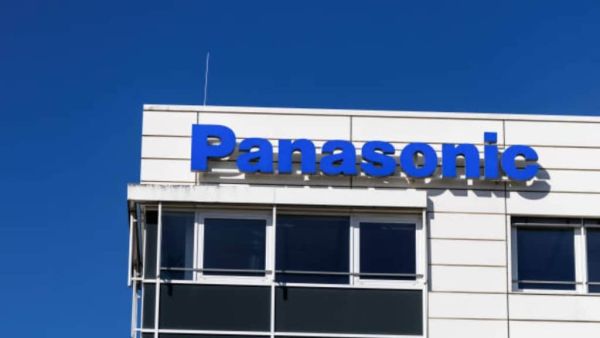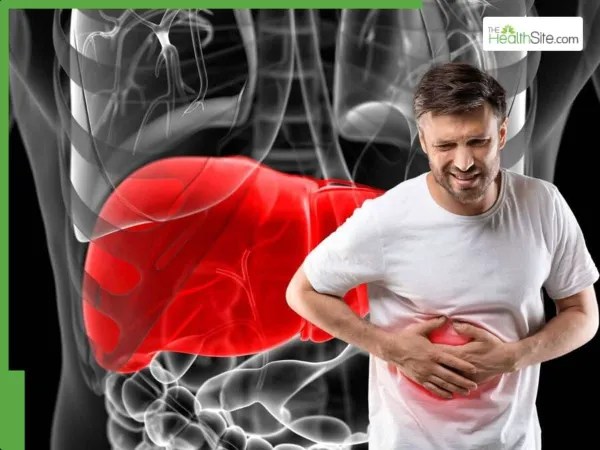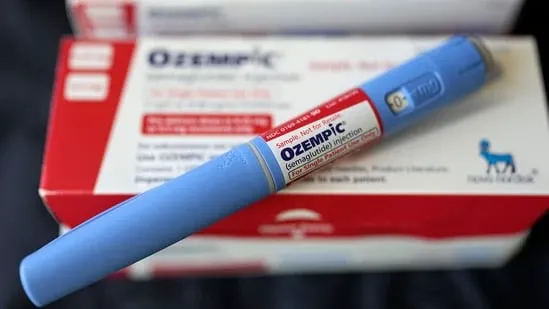
Panasonic aims to develop a new type of highercapacity battery in about two years, potentially extending the driving range of electric vehicles in a groundbreaking advance for the Tesla supplier.
The Japanese company is working on eliminating the anode in batteries during the manufacturing stage to increase energy density through technology it says is likely to provide a “worldleading level” of capacity by the end of 2027.
Panasonic’s new battery
If achieved, the improvement could increase the driving range of Tesla’s most affordable sportutility vehicle, the Model Y, by almost 90 miles (about 145km), at the current battery pack size, Panasonic says.
Alternatively, Panasonic could also use the technology to make lighter – and potentially cheaper – versions of batteries by keeping the current driving range and shrinking the battery pack size.
A company executive told reporters of the anodefree technology ahead of a presentation on Thursday by Shoichiro Watanabe, the technology chief at the group’s battery arm, Panasonic Energy.
This technology is also being pursued by multiple global battery producers.
Proposed design
Panasonic’s proposed design has no anode at the manufacturing stage. Instead, a lithium metal anode is formed in the battery after being charged for the first time. This would free up room for more active cathode materials — nickel, cobalt and aluminium — to boost capacity without changing the volume.
Panasonic said it also aims to reduce the proportion of nickel, which is relatively more expensive.
It was not clear whether the technology would help Tesla to lower prices, and Panasonic declined to discuss specifics on manufacturing costs.
Reuters reported this month that Tesla’s U.S. market share dropped to its lowest in almost eight years in August as buyers chose electric vehicles from a growing stable of rivals over the ageing lineup offered by Elon Musk’s company.
Panasonic opens new factory
In other news, Panasonic recently opened its lithiumion battery factory for electric vehicles in De Soto, Kansas, and has commenced mass production of cylindrical lithiumion cells at the plant.
The plant is Panasonic’s second US battery manufacturing facility, and the two plants combined will boost the company’s total EV battery US production capacity to approximately 73 GWh a year.
-
Silent Signs Of Liver Damage: 10 Subtle Body Changes And Daily Habits That Can Harm Your Liver

-
AIIMS gastroenterologist shares ‘4 simple things to improve your gut health ASAP’: Eat Indian foods like idli, dahi

-
Ozempic, Wegovy, & Mounjaro: Study reveals users experience surprising taste changes and craving reduction

-
Dermatologist shares 5 summer and 5 winter tips for healthy, shiny and strong hair

-
Best face serums for oily skin: Top 8 must-have picks that help you glow up
